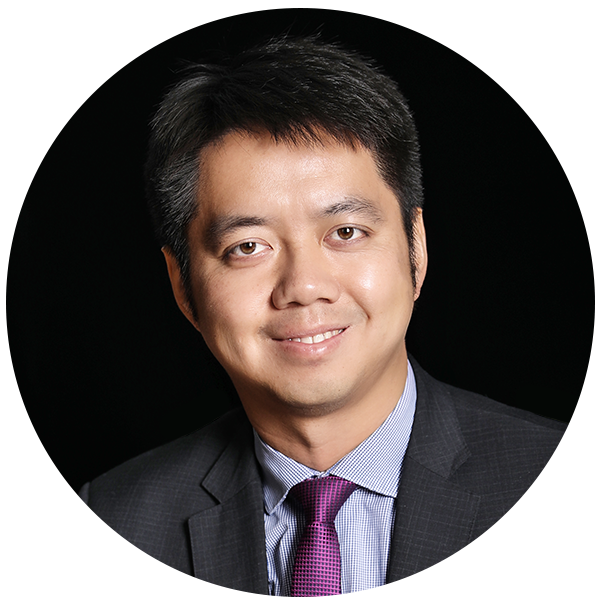Illustration: Sun Ying
I was extremely excited about my first visit to Austria, a country I've always associated with history, music, and romance. A considerable number of Chinese hold the same positive opinion of the nation and of the rest of Europe.
Statistics showed that 74.1 percent of Chinese adopted a positive attitude to Europe. Comparatively, only 59.9 percent held the same view about the US.
However, almost more than half of the Europeans have a negative attitude to China despite the favorable impression of Chinese toward them.
Citizens' perception of foreign nations mostly comes from the media. The Chinese media plays an influential role in the good impression of Chinese about Europe. At the least, Chinese media is more dedicated to actively advancing Sino-European relations than its European counterpart.
Austrian media workers may refute me by saying that the Chinese media is too obedient to the government. I don't think this is a reasonable argument. Not only the authorities, but also the citizens, the enterprises and society need both nations to retain good bilateral relations.
Some European journalists mentioned that their negative coverage of China's imprisonment of Liu Xiaobo and Ai Weiwei, among others, was done out of a sense of conscience. But they deliberately ignored 1.3 billion other Chinese eager for smooth development.
What I'm trying to say was that the reporting should be for the sake of social and public ends and not just media interests.
On April 7, 2008, when some anti-Chinese protestors, yelling "Free Tibet," called for cancellation of the Olympic torch relay in Paris, some French media openly approved of the idea in editorials.
The politicization of the sports event greatly hurt the national pride of China, which has hoped for years to successfully host the Olympics.
People in Beijing and Shanghai, among other cities, launched a boycott of the French retail giant, Carrefour. Sino-French bilateral relations suffered a downturn. The volume of Chinese tourists heading for France also suffered a drastic decline. Later on, the French government spent a huge fortune on publicity to remedy relations.
The case illustrated that others are often the final victims if the media publishes irresponsible reporting.
The European media should have a full-scale and balanced perception of China.
Above all, China is a nation developing at full pelt. An American scholar once calculated that the changes in China within one year equaled to those in the US within three and a half years and those in Europe within five years.
There must be problems when things move so fast. On the other hand, the changes did not offer Europeans enough time to know the realities on the ground in China nowadays.
There are 1,954 newspapers, 8,900 magazines, more than 2,000 TV stations and broadcasting stations, 1.9 million websites and around 200 million microblog users in China. Such a thriving media industry picture is ignored by Europe, instead, they dismiss the power of Chinese media because of "censorship."
China is an enormous nation. The population of China is the total of that of the western Europe, the US and Africa. Parts of some Chinese cities are as wealthy as those of the US and the Europe while some are as poor as underdeveloped African nations.
But the European coverage of China only depicts it as "as rich as the US" or "as poor as Africa."
China's emergence has altered the scaling and the capacity of Western social science. The samples they research are too small. France is a rather big power in Western Europe but it could only be a province of China in terms of its size and population.
Therefore, Europe should change and broaden its attitude to China and set up a more comprehensive perception based on fresh study of the nation.
The author is an editor with the Chinese edition of the Global Times. This article is an extract from his recent speech in "Austria-China Media Symposium" in the Austrian Chancellery. wangwen@globaltimes.com.cn

